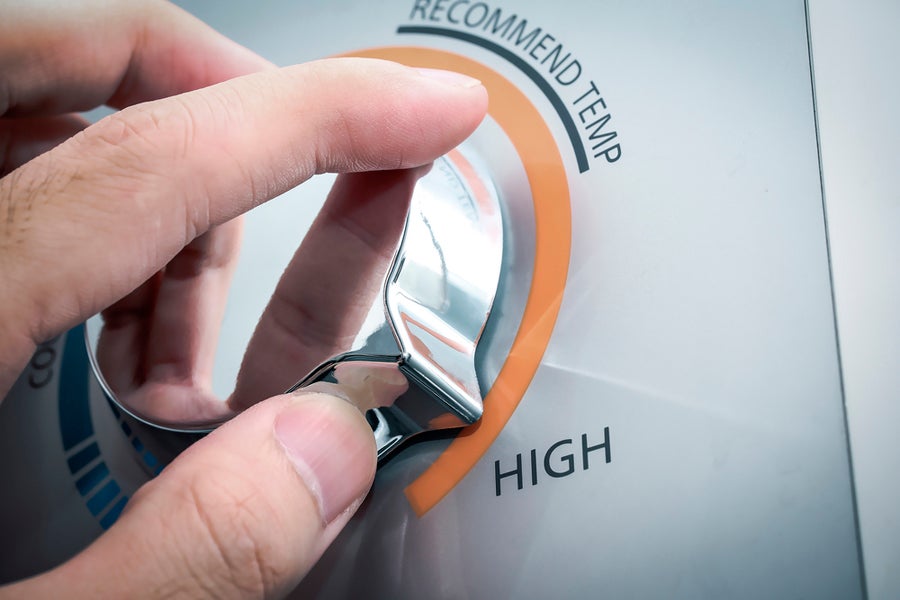- Set your thermostat to the lowest comfortable setting. To extend these savings, set it back at night and when you are away. A rule-of-thumb for estimating energy savings is for every degree you set back your thermostat; you'll save two percent on your heating costs.
- If you have a furnace, clean or replace filters once a month or at least every time the season changes. Keep warm-air registers, baseboard heaters, and radiators clean and clear. Make sure they are not obstructed by drapes, furniture or rugs.
- Maintain your heating system - Gas-fired equipment needs to be checked every other year. Oil-fired boilers should be professionally cleaned and tuned annually.
- Take advantage of passive solar - Keep draperies and shades on south-facing windows open during the heating season to allow sunlight to enter your home; close them at night to reduce the chill you may feel from cold windows.
- Partition your home - Close the door to an unoccupied room or area that is isolated from the rest of the house and turn down the thermostat or turn off the heat for that room or area. Make sure the room doesn't get so cold that the pipes freeze and do not turn the heating off if it adversely affects the rest of your system. For example, if you heat your home with a heat pump, do not close the vents as closing the vents could harm the heat pump.
- Ventilate wisely - Use kitchen, bath, and other ventilating fans wisely, turning them off as soon as they are no longer needed. In about one hour, these fans can pull out a house-full of warmed or cooled air.

